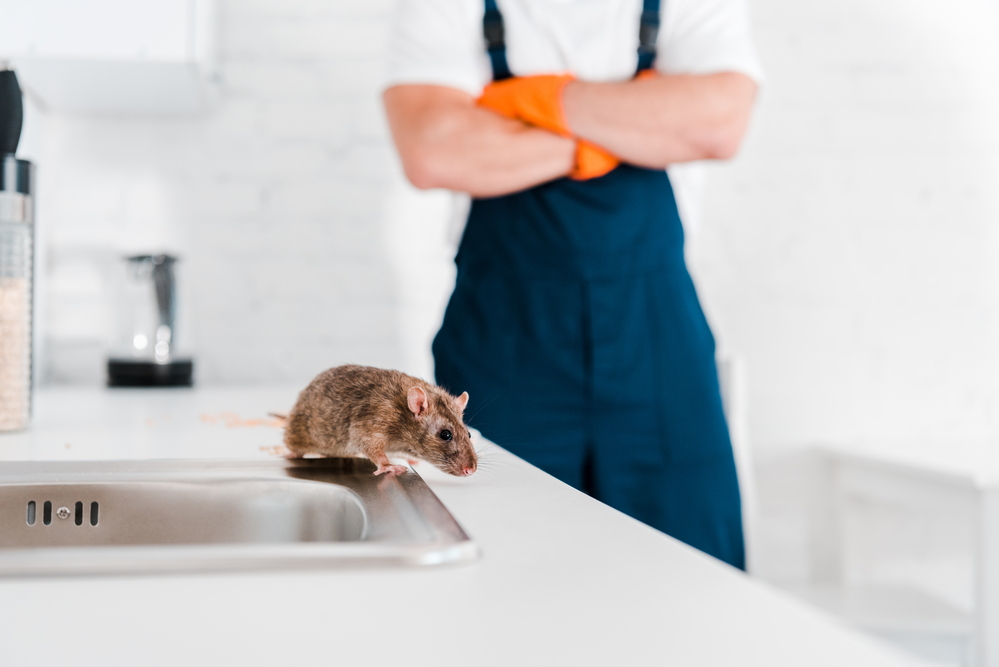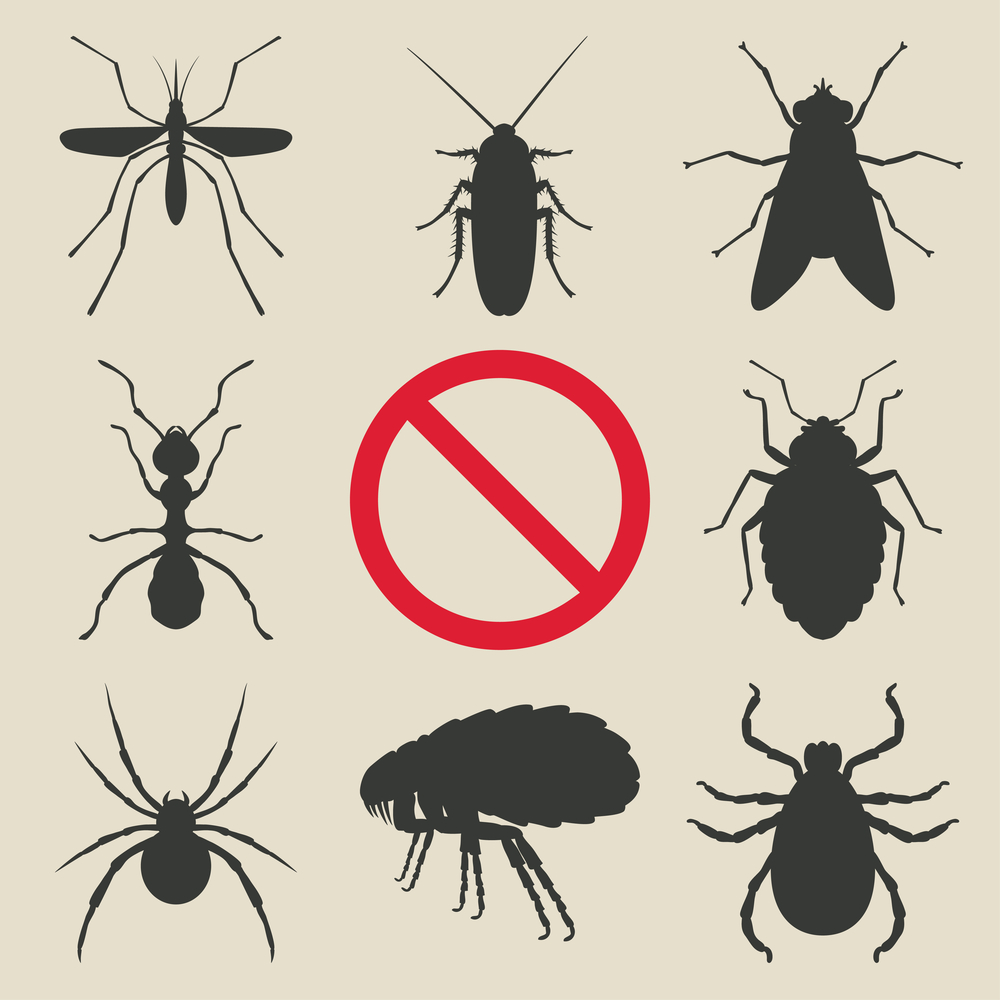We all dream of a stunning thriving garden, full of flowers, plants, and goodness that we can enjoy and relax in after a stressful day at the office.
Pest pose a serious threat to that dream becoming a reality, but with a few simple tips we can help you, and your green fingers, to keep them at bay.
There is nothing worse than carefully tending your fruit bushes and herbs only for the crop to be destroyed completely by on insect or another. To ensure that this isn’t the case, and that you are able to enjoy the full fruits of your labour and toil, read on as we discuss 7 of the best strategies for keeping your garden pest free, all developed and verified by a professional pest controller Preston.

6 pest control tips for your garden.
1) Plant the right herbs
Herbs are a lovely addition to any garden, giving off a wonderful aroma and working fantastically in a variety of homecooked recipes. Did you know, however, that whilst some plants will be devoured by pest insects, there are several, herbs in particular, that they will avoid at all costs. Peppermint, lavender, basil, catnip, and lemon balm are only a few of the plants that most notorious UK insect pests will stay well away from.
You could also grow some of these plants inside your home on the kitchen window sill, for example, to send any adventurous insects who do decide to venture too close for comfort scurrying back to whence they came.
2) Move your plants
You have probably heard of crop rotation but might think of it purely as an agricultural term referring to the practices of farmers who move their crops to prevent over farming. Many people don’t realise that crop rotation can also be an incredibly useful tool for domestic gardeners. Not only will it let certain patches of soil recover, but it will also disrupt the lifecycle of certain pests, reducing their population and keeping them under control. The last thing that you want is to provide pests with a permanent home too close to your own and taking this approach to your garden planting will help to keep populations in check.
3) Install physical barriers
Possibly the most fool proof way to prevent pests from targeting the plants in your garden is to install physical barriers that prevent them from being accessed.
Netting, for example, is highly effective at keeping insects and birds at bay. For slightly larger mammals, such as foxes, and rabbits, fencing around your plants can help to keep pests under control and prevent them from being destroyed.
4) Clear away waste
Keeping your home hygienic and clean, both inside and out, is one of the most important precautions that you can take to avoid attracting pests.
Make sure that you store any rubbish such as food waste securely in sealed bins if stored outside, and avoid letting leaves, plant matter, and other garden debris from building up. A clean and tidy garden looks great to humans, but is a pest’s worst nightmare as there are very few places for them to hide and build a home.
This doesn’t mean that your garden has to be devoid of insect activity, however, many of us love building a healthy ecosystem in our gardens where plants and animals can thrive, but this can be achieved by planting certain plants and flowers, rather than by allowing organic waste to accumulate.
5) Consider professional pest control

Many people have a misconception that all pest control companies are only interested in eradicating pest species, but nothing could be further from the truth. Most pest professionals are animal lovers and will only used insecticides to achieve control. This is actually a legal requirement as some insects that pose pest problems are also protected by law and can only be controlled whilst they pose a real threat to human health.
Pest control firms will have access to all the tools and techniques required to tackle pest infestations in your garden of all shapes and sizes and should be your first port of call if you believe that you have an infestation. Some of the most common garden pests that pest control companies deal with on a daily basis include ants, beetles, flies, roaches, and many more.
6) Use drip irrigation
Watering your plants is essential to strong growth but doing so in the wrong way can attract pest species. Overhead watering, for example, can create a humid environment in which slugs thrive. Instead of a traditional watering can approach, consider implementing a drip irrigation system that instead feeds water to plants from below ensuring they have everything they need to grow without attracting species intent on their destruction.